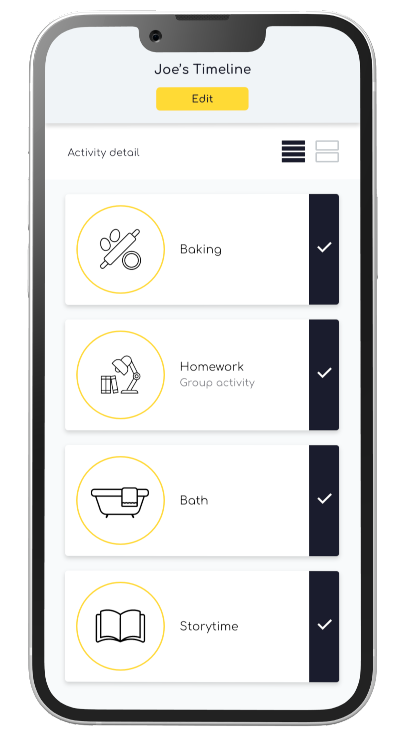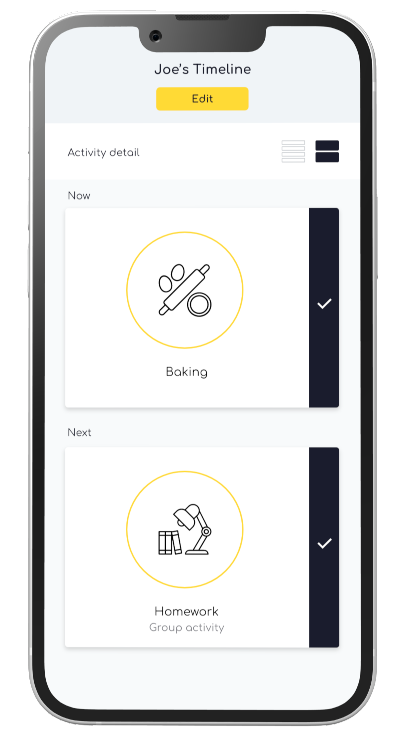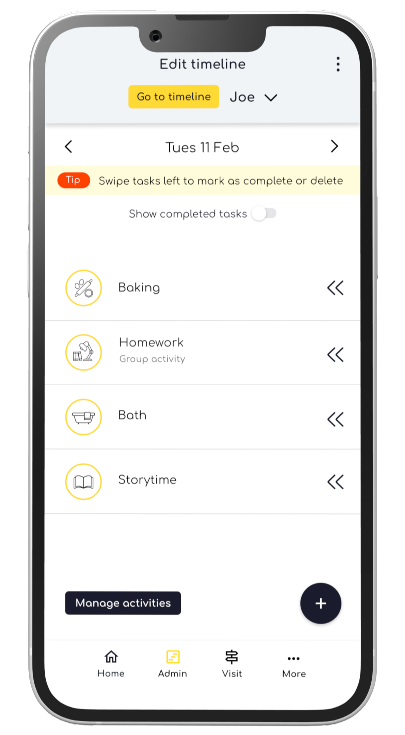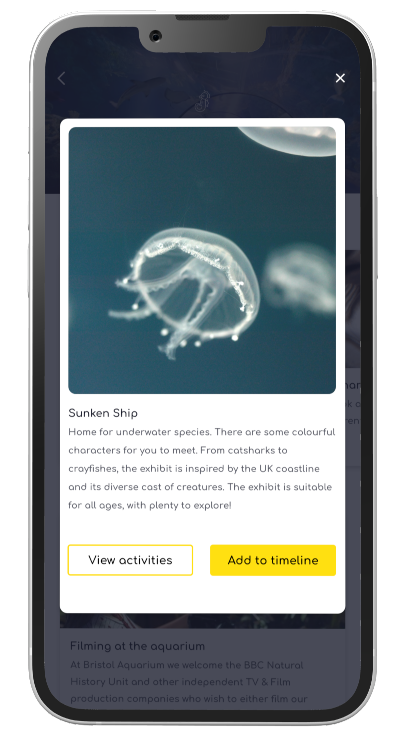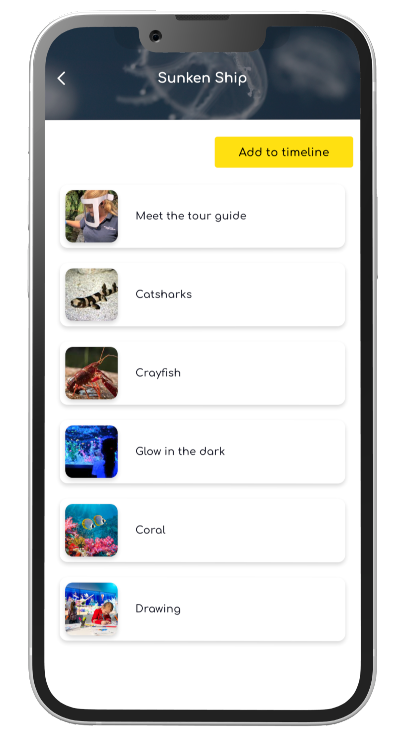Creating inclusive environments for people with additional needs
Picturepath supports those with additional support needs, such as autism, to thrive at home, in education and through all of life’s experiences.
![]()
Organisations using picturepath
Revolutionising visual timelines
Created to support individuals with additional support needs by providing structure and predictability. Reducing anxiety and meltdowns, improving communication and social skills, as well as supporting transition and change.
Key features
Complete personalisation
Create custom icons and timelines bespoke to your needs
Multi-device
Works on laptop, tablet and mobile devices
Free user downloads
No charge for the end user to access the app
Detailed analytics
Understand which activities trigger anxiety and distress
Visit with picturepath
Access to visitor guides from partner venues
Learn more about how picturepath can support your organisation to improve their inclusivity offering

Learn more about how picturepath can support your organisation to improve their inclusivity offering
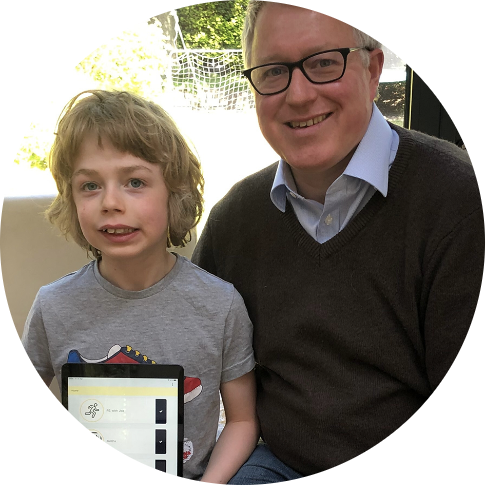
Richard’s story
Picturepath founder Richard Nurse created picturepath inspired by his son Freddie, who is on the autistic spectrum.


Our partnership with
Cambridge United
“I’m really keen to make our matchday experience as inclusive as possible. I’ve been delighted to partner with picturepath and use their visitor guides to help both home and away supporters who might otherwise have struggled to visit the Abbey.”
Cambridge United Fan Director; Dave Matthew-Jones
Testimonials
Learn more about how picturepath can help your organisation to improve inclusivity and support visitors with additional needs









